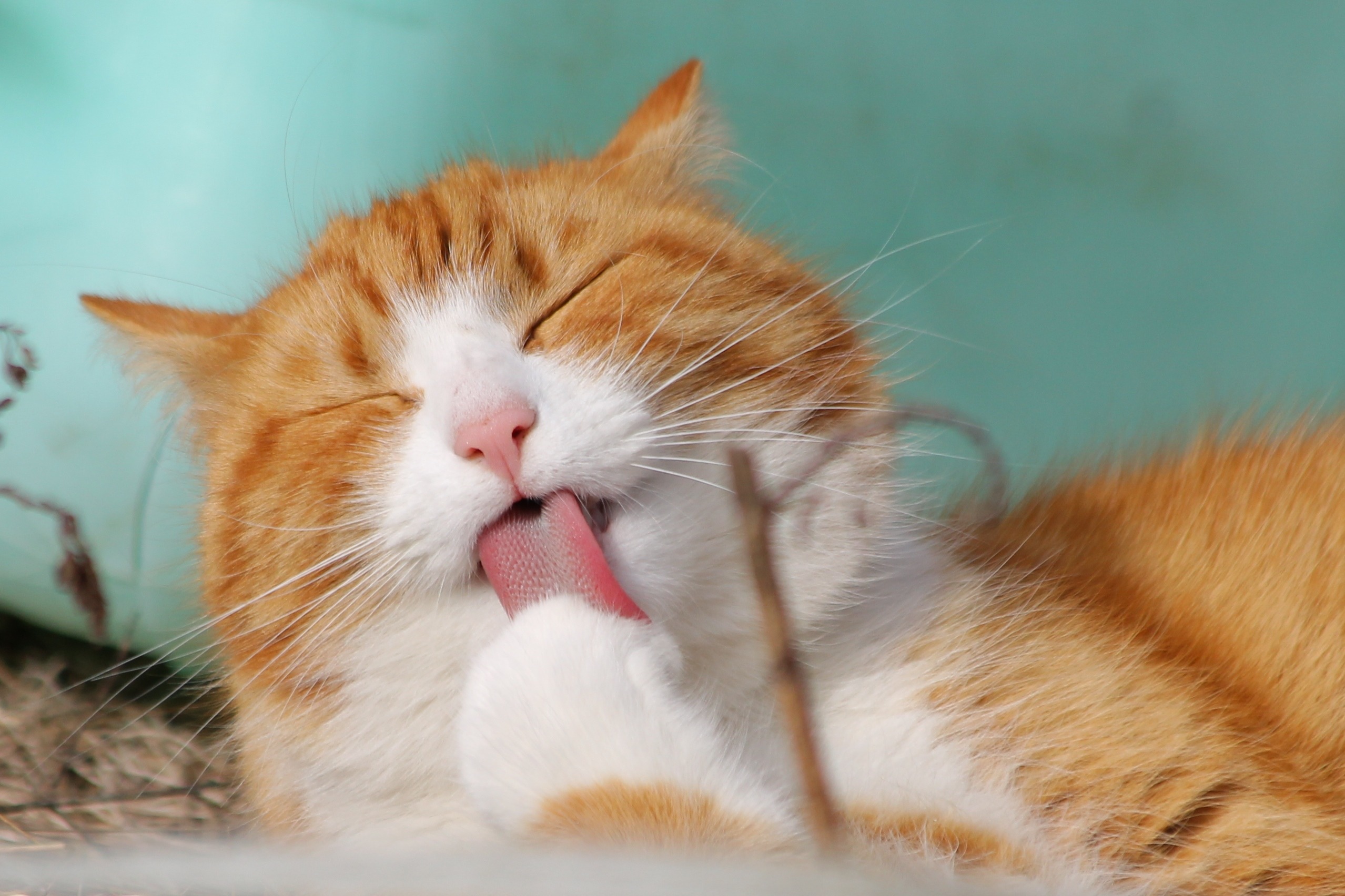How Do Your Pet Cat Behavioral Tendencies Change as It Enters Seniorhood?

Cat parents need to watch out for signs that show their pet cat is welcoming senior life. Not only does the purr-friend’s physical appearance change, but also its behaviour can change drastically. As a cat parent, you must have a watchful eye on your pet cat so you can take it to the vet at the right time to seek guidance on caring for a cat entering seniorhood.
If you have purchased cheap cat insurance much earlier, then your kitty has the medical cover support to get through old age. Like the cat insurance covering your kitten’s health in its kittenhood, it will continue to do the same in its senior phase of life as well.
This article focuses on some of the most common behavioural changes cat owners have noticed in senior cats. Of course, not every kitty shares the same concerns, but you may recognise one or more of them in some cats. If you seek clarification about your older kitty’s behaviour, we ask you to meet the vet to know why your kitty’s habits have changed.
Table of Contents
Late-Night Cat Business!
We already know kitties have a secret midnight life. They hunt for prey sneaking into the home late in the night. However, if you spot your kitty energetic at night in its seniorhood, it may mean something else. The reasons for its wandering can be related to anxiety and restlessness; it may be finding it tough to conceive directions in the darkness, suffering from separation anxiety, frustrated with visiting litter boxes frequently, or experiencing reduced perception like vision/hearing loss, etc.
If you can’t decide what’s happening with your senior kitty, talk to the vet to rule out any medical complications. If all is fine, we suggest you keep your pet close to you, like having its crate in your room (if it likes that) and sharing more of your space with it. Keep a few lights on so your cat can walk around safely.
Skipping The Litter-Box Usage!
Your kitty may begin peeing outside the litter box. It is because of the old age that has crept in and is not done with any ill intentions. So please, don’t penalise it.
The root cause may be difficulty holding the urine until it reaches the litter, frequent urge to urinate, mobility problems, severe medical complaints like diabetes or kidney issues, or a urinary tract infection.
You may choose litter boxes that are easier-to-use for your senior pal and place them in easy-to-access locations, so it doesn’t have to travel far to relieve itself.
Endless Meowing!
If your kitty has been meowing more than ever before through the daytime and nighttime, then possibly your kitty has been suffering a silent pain/disease, anxiety, or may have been experiencing diminished hearing capacity. To be sure, book an appointment with the vet to know what your senior cat is going through. Do this too if you recognise confusion or disorientation symptoms.
Personality Shifts!
You may notice contrasting characters in your cat once it turns a senior. For example, a younger cat who was once enjoying solitude may socialise in the senior phase, or a kitten who was competing for attention earlier may soak in lonely time as it ages.
The potential causes for these changes may be physical illnesses or weakened senses, or it may simply be the result of time. Regardless, only a vet can confirm or rule out medical conditions.
Cheap cat insurance helps you with the many vet visits and treatment costs needed to nurse your senior pet. That’s why cat insurance is one of the pet essentials. It assures top-quality medical care throughout your cat’s lifetime.






